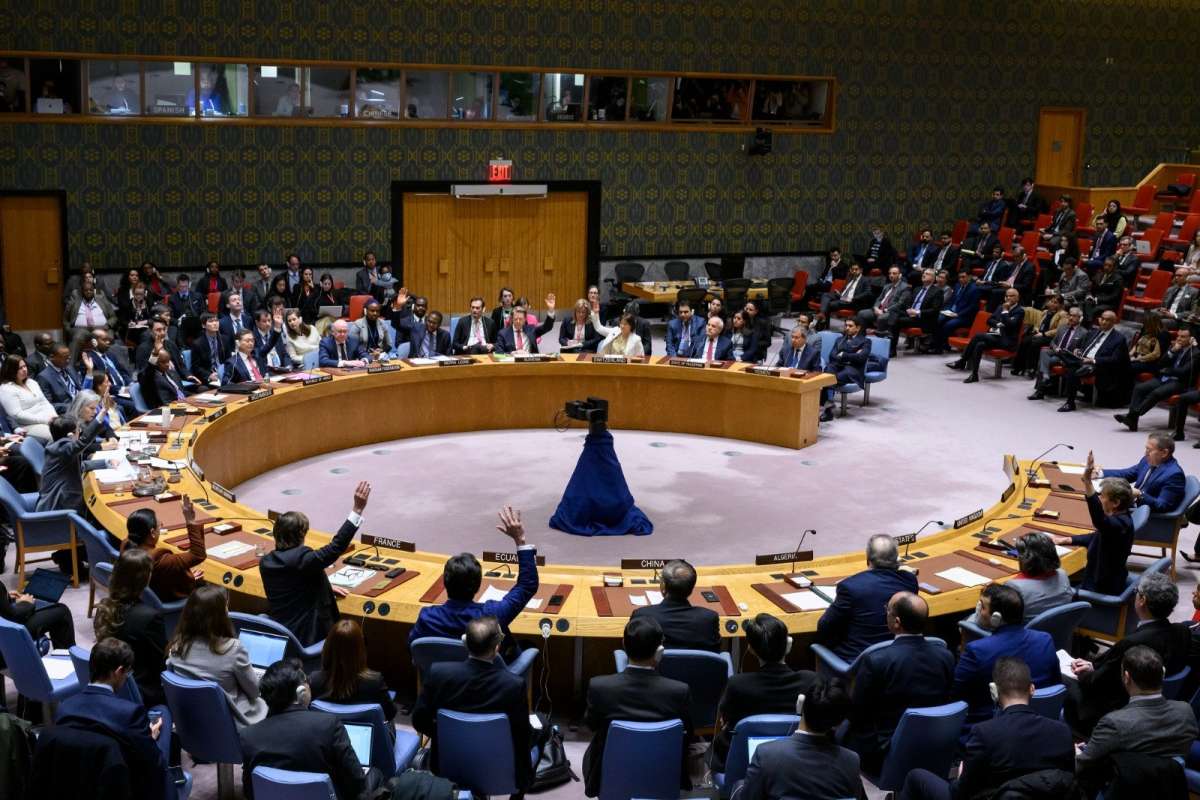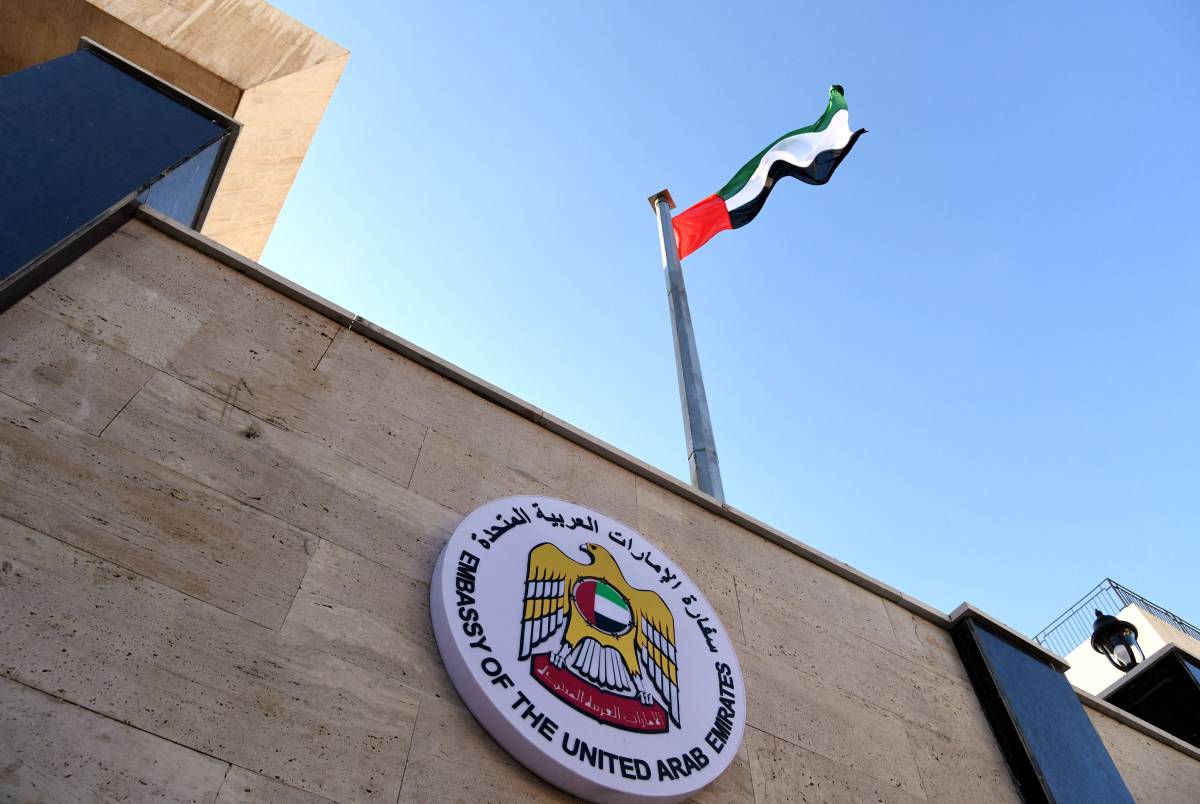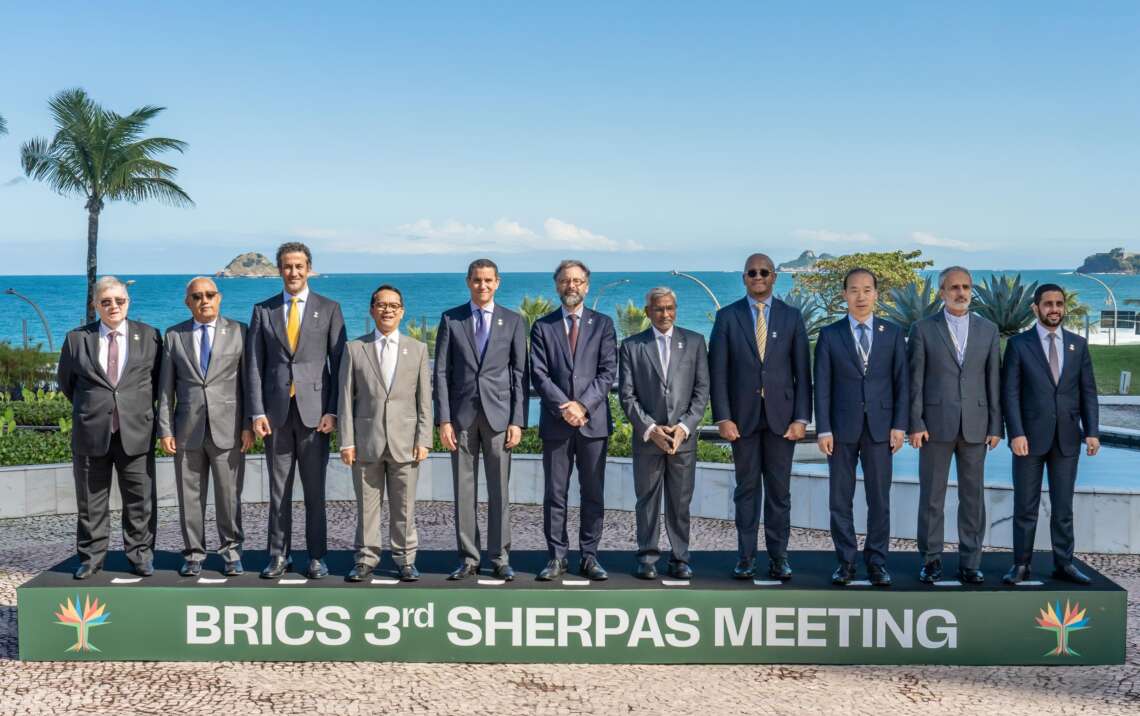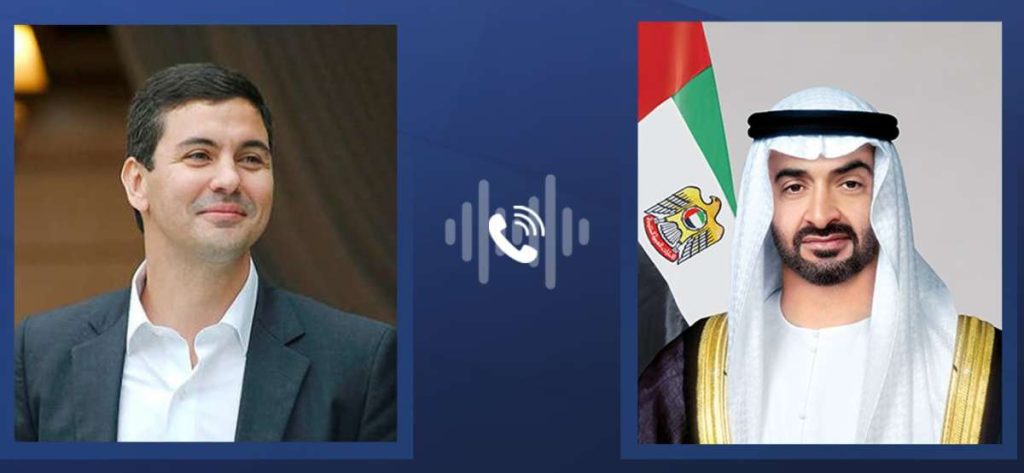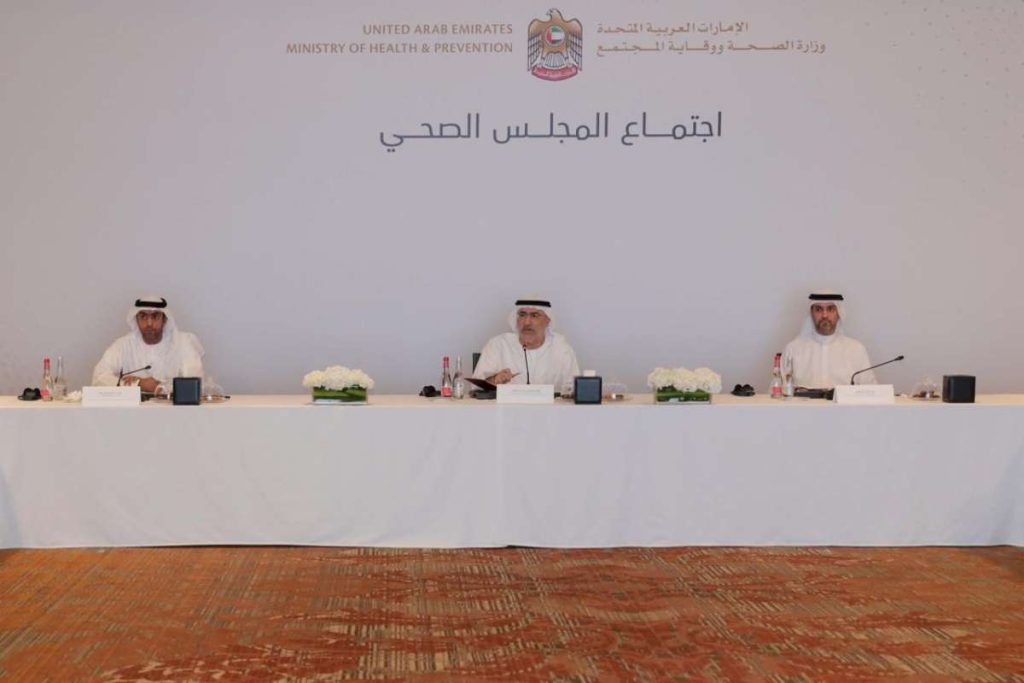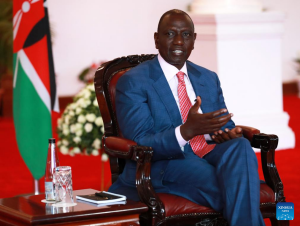The resolution was adopted after the United States agreed to abstain on the resolution in a sign of its fraying ties with Israel over the high human toll from that country’s pursuit of Hamas…reports Asian Lite News
The UAE has strongly welcomed the UN Security Council’s adoption of a resolution that demands for the first time “an immediate ceasefire” in the occupied Gaza Strip during the month of Ramadan, and expressed hope that the resolution and its adherence would lead to a permanent ceasefire.
In a breakthrough, the UN Security Council on Monday called for an immediate unconditional ceasefire in Gaza, overcoming the intense polarisation after the United States agreed to abstain on the resolution in a sign of its fraying ties with Israel over the high human toll from that country’s pursuit of Hamas.
The Ministry of Foreign Affairs (MoFA) conveyed its aspiration that the resolution will lead towards ending the crisis and preventing further suffering for the brotherly Palestinian people, and will facilitate the immediate, safe, sustainable, and unhindered delivery of relief and humanitarian aid, particularly to the most vulnerable, as well as the release of all hostages.
The UAE stressed the importance of returning to negotiations to achieve the two-state solution to establish an independent Palestinian state, affirming that the UAE will continue working alongside partners to intensify efforts aimed at alleviating the humanitarian suffering in Gaza.
The Secretary-General of the Arab League, Ahmad Aboul Gheit, also welcomed the UNSC resolution calling for an immediate ceasefire.
“I welcome the Security Council’s adoption of a resolution calling for a ceasefire in Gaza,” he said in a statement, adding that this resolution was long overdue, and what is needed now is for its implementation on the ground.
Following the adoption, Egypt has called for the immediate implementation of the ceasefire in a way that opens the way for dealing with all elements of the crisis.
With all the other 14 members voting for it, the resolution also demanded that Hamas release the hostages it took in the October 7 assault on Israel in which about 1,200 people were killed.
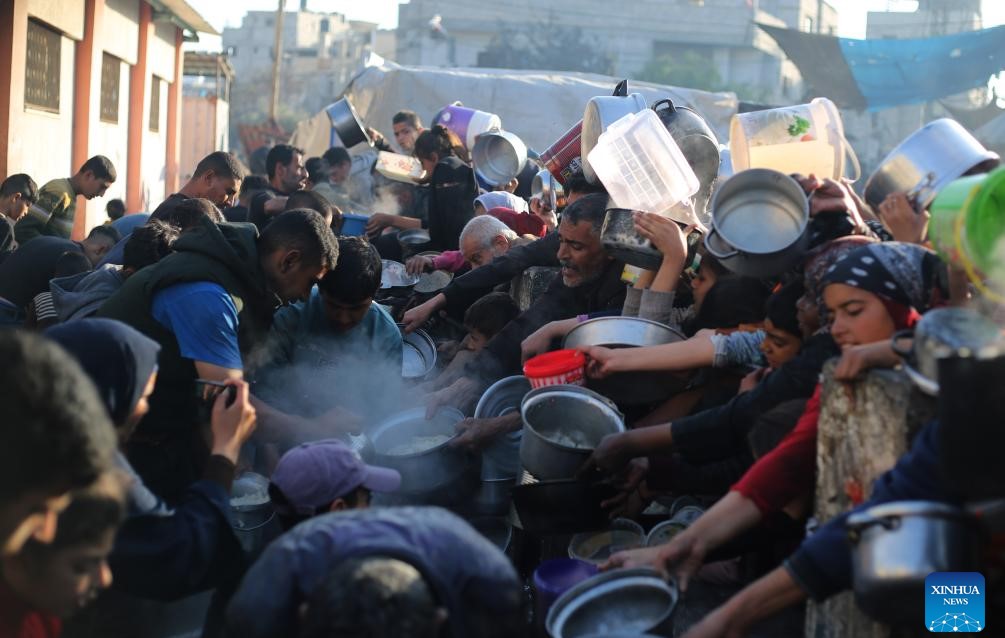
It called for the ceasefire for the month of Ramadan, which is already underway, and for increased humanitarian aid for the people of Gaza.
UN officials have warned of famine conditions developing in Gaza to which food supplies have been limited.
The US decided to abstain in the face of growing criticism of President Joe Biden’s support for Israel’s continuing reprisals against Hamas in Gaza where about 32,000 people, many of them women and children, have been killed.
A resolution sponsored by the US was vetoed on Friday by China and Russia, which they said did not explicitly demand a ceasefire but made it sound like a suggestion saying only that it was an “imperative”.
Before Monday, six resolutions had been vetoed, three by the US, two jointly by China and Russia, and one by Russia alone, making the latest a breakthrough, drawing applause in the Council chamber when it passed.
The resolution was sponsored by all the 10 non-permanent members of the Council, and in a last-minute effort to prevent a Washington veto, it changed the demand for a “permanent” ceasefire to a “lasting” one.
Russia’s Permanent Representative Vasily Nebenzia unsuccessfully proposed an amendment to change back to a “permanent” ceasefire, but it failed to get the minimum nine votes to be adopted.
The US had earlier vetoed three resolutions calling for a ceasefire, which its ally Israel opposes asserting that it would stymie its efforts to eradicate Hamas.
US Permanent Representative Linda Thomas-Greenfield said the US abstained because the resolution did not condemn Hamas.
She said: “A ceasefire can begin immediately with the release of the first hostage and so we must put pressure on Hamas to do just that.”
The huge toll on the civilians in Gaza has turned swathes of US public opinion, including within the Democratic Party against Israel, even though it still retains strong support among many.
Faced with the rising opposition from his supporters as he gets ready for the November election, Biden has softened support for Israel’s war leading to its refusal to veto the latest resolution. He has said that Israel has “gone over the top” and his officials have cautioned it against its planned incursion into Rafah in southern Gaza where over a million people have evacuated from other parts of the territory on Israel’s orders.
Biden’s National Security Adviser Jake Sullivan said last Monday the attack would be a mistake that “would lead to more innocent civilian deaths, worsen the already dire humanitarian crisis, deepen the anarchy in Gaza and further isolate Israel Internationally”.
Israel’s Prime Minister Benjamin Netanyahu has defied Biden and said he would send Israeli forces into Rafah.
Reports from Israel said that Netanyahu had threatened to cancel his country’s military delegation’s visit to the US to discuss the proposed Rafah action if Washington did not veto the resolution.
Interacting with reporters at a Palestinian refugee camp in Jordan before the Council vote, Secretary-General Antonio Guterres said: “I see a growing consensus emerging international community to tell the Israelis that the ceasefire is needed.”
He said that there was “a growing consensus to tell clearly to the Israelis that any ground invasion of Rafah could mean a catastrophic humanitarian disaster”.
ALSO READ: UAE Sends Third Ship With Gaza Aid

